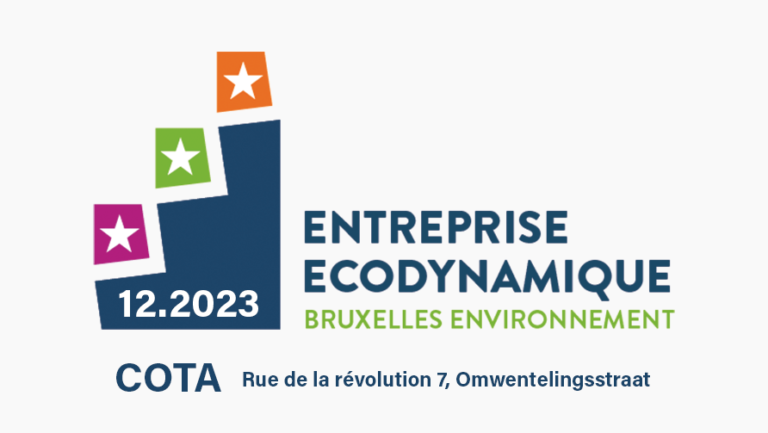The MERGING project is an interdisciplinary study of migrant integration through participatory housing initiatives.
The project brings together 7 disciplines from 10 partners to test an innovative approach aiming to facilitate and ensure the sustainability of migrants’ integration process.
MERGING reviews existing knowledge, integration policies and initiatives across macro (EU migration policies), meso (regional economic & social systems) and micro (individual practices) levels in which housing occupies a prominent place. This will enable us to study the feasibility of participatory pilots in order to implement, test and evaluate them in 3 European regions.
To ensure the success and the sustainability of the project, both immigrants, hosts, volunteers, NGOs, companies, citizens will be involved in the construction (or renovation) of housing. The innovative, multimethod approach (e.g. interviews, focus groups, policy analyses, quantitative data analysis and participatory action research) provides in-depth analyses of:
1) the long-term effects of participatory housing initiatives;
2) factors fostering or hindering integration processes of migrants and access to civic rights in local communities;
3) how diverse stakeholders can support migrants by strengthening their socio-economic integration through participatory initiatives (notably the ones related to housing).
MERGING will contribute extensively to integration studies – empirically, methodologically and conceptually – through its place- and migrant-centred approach. MERGING offers direct benefits to migrants and evidence-based policy-recommendations will help to push policy and practice innovation in the field of migrant integration in Europe.
The project will be implemented between January 2020 end December 2021, by 10 partners :
- Université Jean Moulin Lyon 3 (UJML) – France
- Lyon Ingénierie Projets (LIP) – France
- Quatorze – France
- Université Rennes 1 (Arènes) – France
- Università di Bologna (UNIBO) – Italy
- Universitat de València (UVEG) – Spain
- University of Gotenburg (UGOT) – Sweden
- Malmö University (MAU) – Sweden
- Social Business Earth (SBE) – Switzerland
- Collectif d’Echanges pour la Technologie Appropriée (COTA) – Belgium

